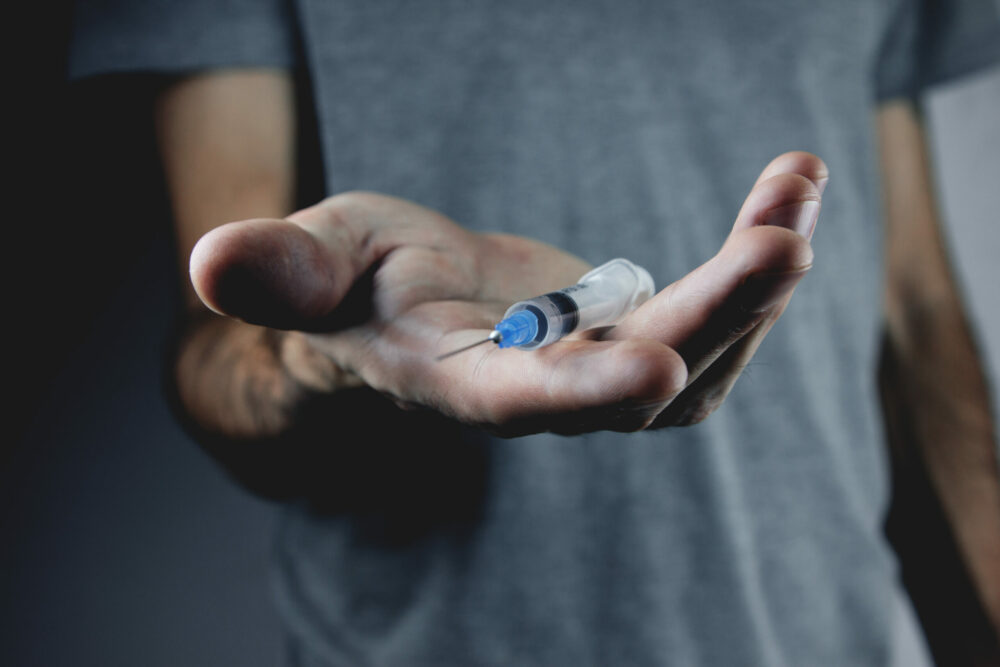U.S. health experts are being cautiously optimistic about a sudden but promising plummet of drug overdose deaths in the country.
NPR is reporting that drug deaths declined by about 10.6% this year, according to surveys compiled by the Centers for Disease Control and Prevention (CDC). The drop is in stark contrast to the double-digit percentage increases in overdose deaths the U.S. has experienced in recent years.
Related Article: 8 Most Common Preventable Health Hazards
Even more promising is the belief by some researchers that the data will show an even bigger decline once the federal surveys reflect improvements that are being experienced by the states, especially those in the East. One University of North Carolina researcher says some states are seeing 20% or 30% declines in ODs.
The U.S. began seeing catastrophic increases in drug deaths in 2019. Despite the promising new data, however, about 100,000 persons still die from drug overdoses every year.
One drug user told NPR that many people using fentanyl now also carry with them naloxone (commonly known as “Narcan”), which reverses most opioid overdoses.
Campuses Adopt Naloxone to Address Opioid Overdose Crisis
Schools and institutions of higher education are also stocking the opioid antidote on their campuses.
In New Jersey, all school districts can now obtain free naloxone through the state’s Human Service’s Naloxone DIRECT program. In California, every public school is required to provide school staff members with training on opioid and fentanyl overdose prevention. In 2022, the Los Angeles Unified School District provided all of its campuses with doses of naloxone.
Some campuses are storing naloxone nasal sprays in the cases of their automated external defibrillators (AEDs). The University of Vermont, for example, stores in its AED cases naloxone and bleeding control kits, in addition to its AEDs. Other schools and universities include EpiPens for those experiencing a life-threatening allergic reaction.
Related Article: Inadequate Placement of AED and Bleeding Control Gear Could Cost You
Additionally, more hospital security officers carry naloxone with them to revive patients, visitors, or even staff members who may be experiencing an opioid overdose. For example, this spring in Wenatchee, Wash., three security officers who work at Confluence Health helped save a man who had overdosed.













